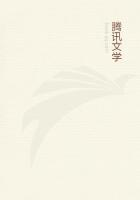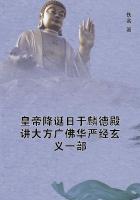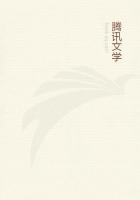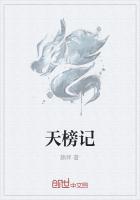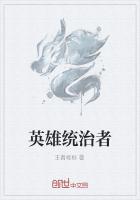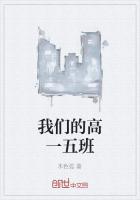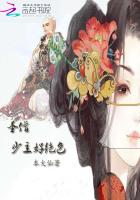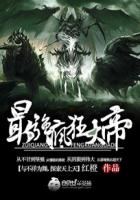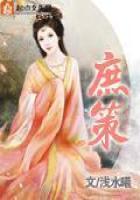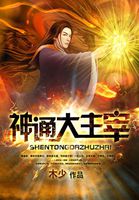With Fleeming this disease was never seemingly severe. The very day before this (to me) distasteful letter, he had written to Miss Bell of Manchester in a sweeter strain; I do not quote the one, I quote the other; fair things are the best. 'I keep my own little lodgings,' he writes, 'but come up every night to see mamma' (who was then on a visit to London) 'if not kept too late at the works; and have singing lessons once more, and sing "DONNE L'AMORE E SCALTRO PARGO-LETTO"; and think and talk about you; and listen to mamma's projects DE Stowting. Everything turns to gold at her touch, she's a fairy and no mistake. We go on talking till I have a picture in my head, and can hardly believe at the end that the original is Stowting. Even you don't know half how good mamma is; in other things too, which I must not mention. She teaches me how it is not necessary to be very rich to do much good. I begin to understand that mamma would find useful occupation and create beauty at the bottom of a volcano. She has little weaknesses, but is a real generous-hearted woman, which I suppose is the finest thing in the world.' Though neither mother nor son could be called beautiful, they make a pretty picture; the ugly, generous, ardent woman weaving rainbow illusions; the ugly, clear-sighted, loving son sitting at her side in one of his rare hours of pleasure, half- beguiled, half-amused, wholly admiring, as he listens. But as he goes home, and the fancy pictures fade, and Stowting is once more burthened with debt, and the noisy companions and the long hours of drudgery once more approach, no wonder if the dirty green seems all the dirtier or if Atlas must resume his load.
But in healthy natures, this time of moral teething passes quickly of itself, and is easily alleviated by fresh interests; and already, in the letter to Frank Scott, there are two words of hope: his friends in London, his love for his profession. The last might have saved him; for he was ere long to pass into a new sphere, where all his faculties were to be tried and exercised, and his life to be filled with interest and effort. But it was not left to engineering: another and more influential aim was to be set before him. He must, in any case, have fallen in love; in any case, his love would have ruled his life; and the question of choice was, for the descendant of two such families, a thing of paramount importance. Innocent of the world, fiery, generous, devoted as he was, the son of the wild Jacksons and the facile Jenkins might have been led far astray. By one of those partialities that fill men at once with gratitude and wonder, his choosing was directed well. Or are we to say that by a man's choice in marriage, as by a crucial merit, he deserves his fortune? One thing at least reason may discern: that a man but partly chooses, he also partly forms, his help-mate; and he must in part deserve her, or the treasure is but won for a moment to be lost. Fleeming chanced if you will (and indeed all these opportunities are as 'random as blind man's buff') upon a wife who was worthy of him; but he had the wit to know it, the courage to wait and labour for his prize, and the tenderness and chivalry that are required to keep such prizes precious. Upon this point he has himself written well, as usual with fervent optimism, but as usual (in his own phrase) with a truth sticking in his head.
'Love,' he wrote, 'is not an intuition of the person most suitable to us, most required by us; of the person with whom life flowers and bears fruit. If this were so, the chances of our meeting that person would be small indeed; our intuition would often fail; the blindness of love would then be fatal as it is proverbial. No, love works differently, and in its blindness lies its strength.
Man and woman, each strongly desires to be loved, each opens to the other that heart of ideal aspirations which they have often hid till then; each, thus knowing the ideal of the other, tries to fulfil that ideal, each partially succeeds. The greater the love, the greater the success; the nobler the idea of each, the more durable, the more beautiful the effect. Meanwhile the blindness of each to the other's defects enables the transformation to proceed [unobserved,] so that when the veil is withdrawn (if it ever is, and this I do not know) neither knows that any change has occurred in the person whom they loved. Do not fear, therefore. I do not tell you that your friend will not change, but as I am sure that her choice cannot be that of a man with a base ideal, so I am sure the change will be a safe and a good one. Do not fear that anything you love will vanish, he must love it too.'
Among other introductions in London, Fleeming had presented a letter from Mrs. Gaskell to the Alfred Austins. This was a family certain to interest a thoughtful young man. Alfred, the youngest and least known of the Austins, had been a beautiful golden-haired child, petted and kept out of the way of both sport and study by a partial mother. Bred an attorney, he had (like both his brothers) changed his way of life, and was called to the bar when past thirty. A Commission of Enquiry into the state of the poor in Dorsetshire gave him an opportunity of proving his true talents; and he was appointed a Poor Law Inspector, first at Worcester, next at Manchester, where he had to deal with the potato famine and the Irish immigration of the 'forties, and finally in London, where he again distinguished himself during an epidemic of cholera. He was then advanced to the Permanent Secretaryship of Her Majesty's Office of Works and Public Buildings; a position which he filled with perfect competence, but with an extreme of modesty; and on his retirement, in 1868, he was made a Companion of the Bath. While apprentice to a Norwich attorney, Alfred Austin was a frequent visitor in the house of Mr. Barron, a rallying place in those days of intellectual society. Edward Barron, the son of a rich saddler or leather merchant in the Borough, was a man typical of the time.

